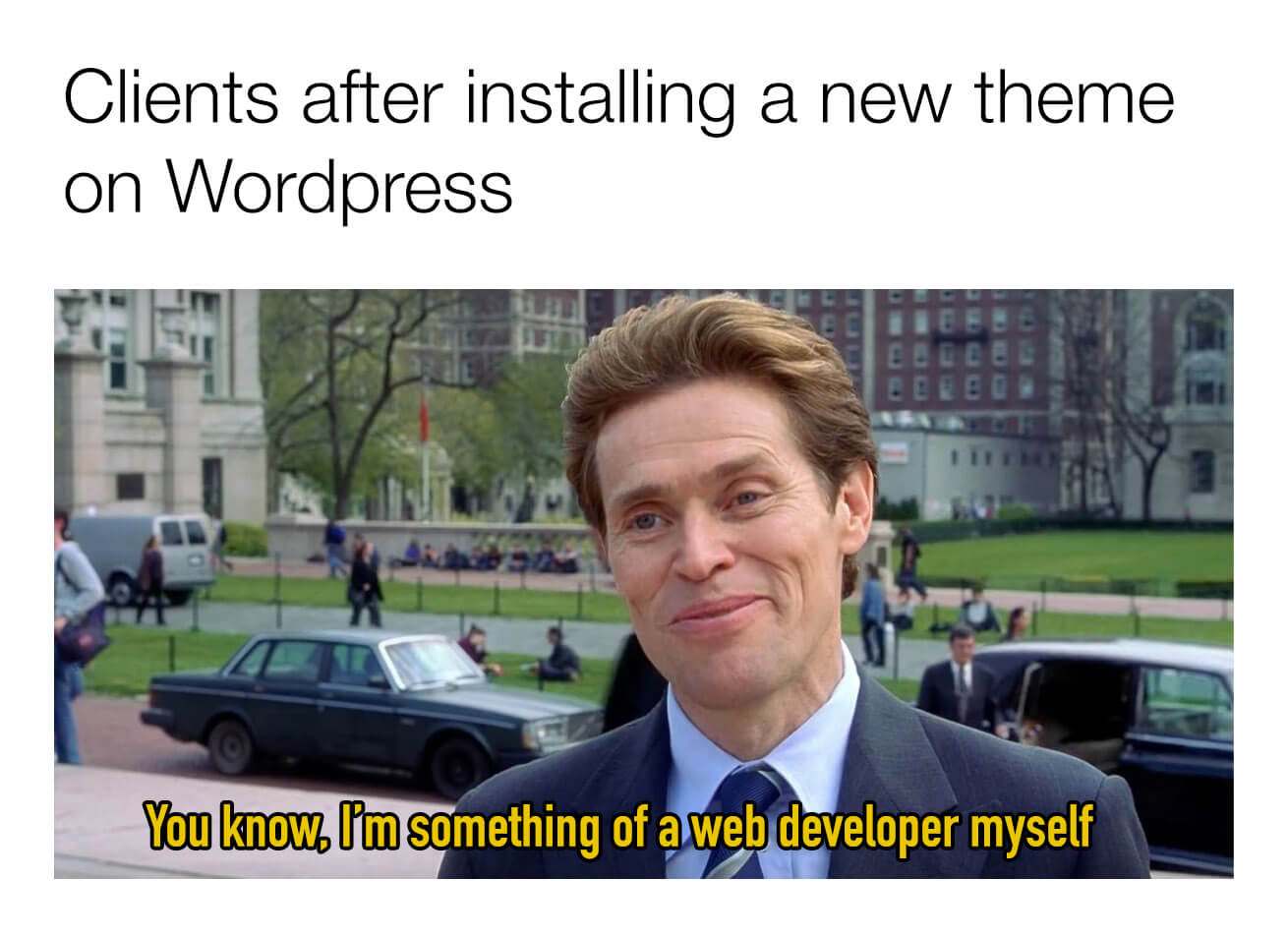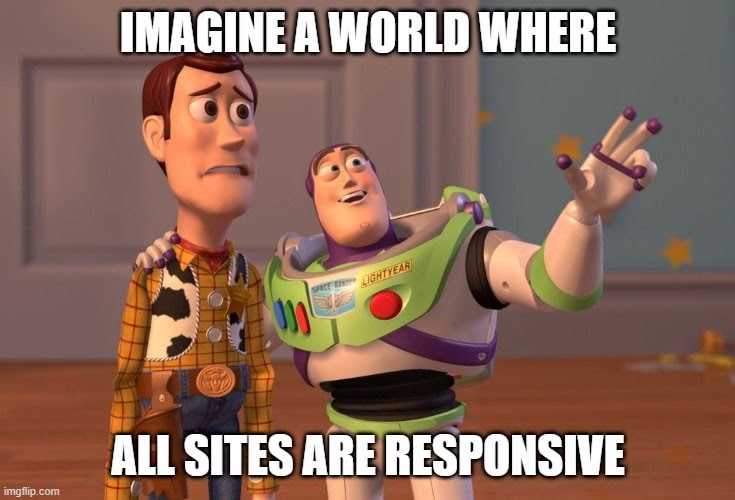-
WordPress Plugin Development Basics: II
In the previous blog we learnt about the basics of how to create a plugin in WordPress, this blog dives into the next steps of plugin creation. Hooks: Actions and Filters In WordPress, hooks are points in the WordPress execution flow where we can “hook into” the system to add or modify functionality. WordPress hooks…
-
WordPress Plugin Development Basics
In WordPress, a plugin is a small software application that extends the features and functions of a WordPress website. Plugins play a major role in building custom websites using WordPress. Folder Location In a typical WordPress installation, plugins are stored in the /wp-content/plugins/ directory. Create a folder my-plugin at that location, inside the my-plugin folder, create…
-
WordPress PHP Coding Conventions
WordPress community has created a set of coding standards that need to be followed when contributing to the WordPress Core and are encouraged to be used elsewhere in themes and plugins. Quoting directly from WordPress Docs: While themes and plugins may choose to follow a different coding style, these coding standards are not just about code style, but also…
-
Mastering WordPress SEO & PHPUnit Testing
In today’s competitive digital landscape, making a website visible and functional is more critical than ever before. This blog dives into two vital areas that can significantly enhance a website’s performance on the web with WordPress SEO and for a developer with PHPUnit Testing. WordPress SEO SEO (Search Engine Optimization) is the practice of enhancing…
-
WordPress: Administration
WordPress Administration is the most important aspect in WordPress site management. The administrator oversees and monitors all activities that occur on the site. To perform this, a specific user account is required which is the Admin account. WordPress Terminology WordPress has its own set of terminology that every developer, site admin, and user should know…
-
WordPress: The Essentials
As covered earlier, WordPress is an open-source CMS that allows users to create, manage and update content on their websites. With a robust ecosystem of plugins and themes WordPress can be customized to suit any website use-case. Managing Posts In WordPress, posts are one of the primary ways to publish content. Whether its a personal…
-
Getting Started with the WordPress Block and Site Editor
WordPress is one of the most popular Content Management System (CMS) in the world, known for its flexibility and ease of use. WordPress offers a variety of tools for both beginners and experienced users, to build or manage a website quickly. This blog will walk through some of the key aspects of WordPress like its…
-

Introduction to WordPress
WordPress is the technology that powers 40% of the web today. It’s a Content Management System (CMS) originally released in 2003. Over the years WordPress has grown from being a simple blogging platform to most widely used CMS solution. Application of WordPress range from simple personal websites to complex enterprise websites. Genesis In 2003, Matt…
-

Object-Oriented Programming in PHP
PHP is a versatile language that allows developers to work with both procedural and object oriented paradigms. As the complexity of applications grows using object-oriented programming becomes essential. Creating Classes and Objects in PHP Object Oriented Paradigm uses the concept of “objects”. Objects are the instances of classes which can be considered as blueprints or…
-

Web Development: A Deep Dive
In this world of web development, it’s not only about writing code, in fact code is just a small part of the whole system of how things work and how are they interdependent on each other. From web servers to css, backend to frontend, OS to network. This blog explores some essentials and often overlooked…